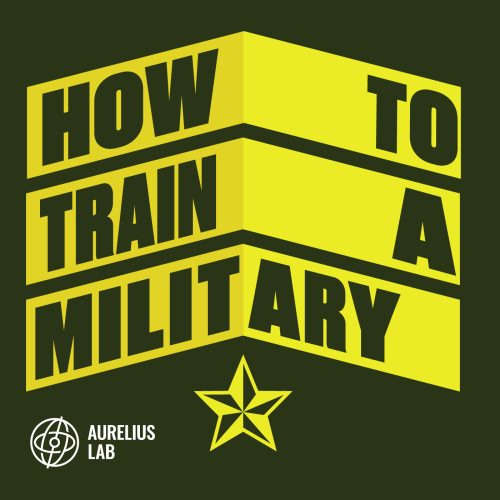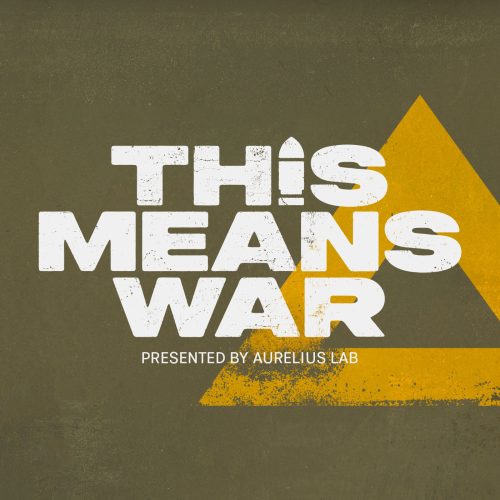CWC: Learning and Development
In this episode we go back down to Warminster – for the second of a series of interviews with the staff of the Captain’s Warfare Course within the Director Land Warfare’s domain for the British Army. Having had a download from Major Vicky Fraser, I was then handed over to Mark Hawthorne, the Learning Development Advisor for the HQ Junior Division under the Land Command and Staff College. Mark and I talked about training and education – the differences and the natural overlap between them. If you listened to the first series of the show, you will know about some of my own views on how militaries tend to separate training and education.
To blend training and education successfully requires a different mindset and a focus that isn’t present in many other courses. When it is, there tends to be a heavy acadamic presence – alongside military instructors, to achieve the outputs you want. Yet at CWC in Warminster, there isn’t an academic presence at all.
Instead, the team achieves a blend (of training and education) by using a variety of facets that we heard about in the first series: but we havent covered how you deliver that in reality until now. First, is the need to exploit the students desire for self improvement: Here is a generation that seems more willing to accept responsibility for their own development in professional military education. Second: really using peers across the British Army and those from foreign militaries who are also on the course to broaden and expand the horizons of study. Third: the way you teach, instruct, mentor, and train – a different methodology from traditional military courses. And finally, how the Directing staff behave.
If these themes seem familiar, its probably because we talked a lot about these in the first series. Those conversations were about the theory not the practice though. So what was really interesting was to hear Mark talk about the reality of doing this stuff for a military organisation today – including how you address training and education for a war rather than the war.
OTHER EPISODES IN SERIES
VIEW ALL























